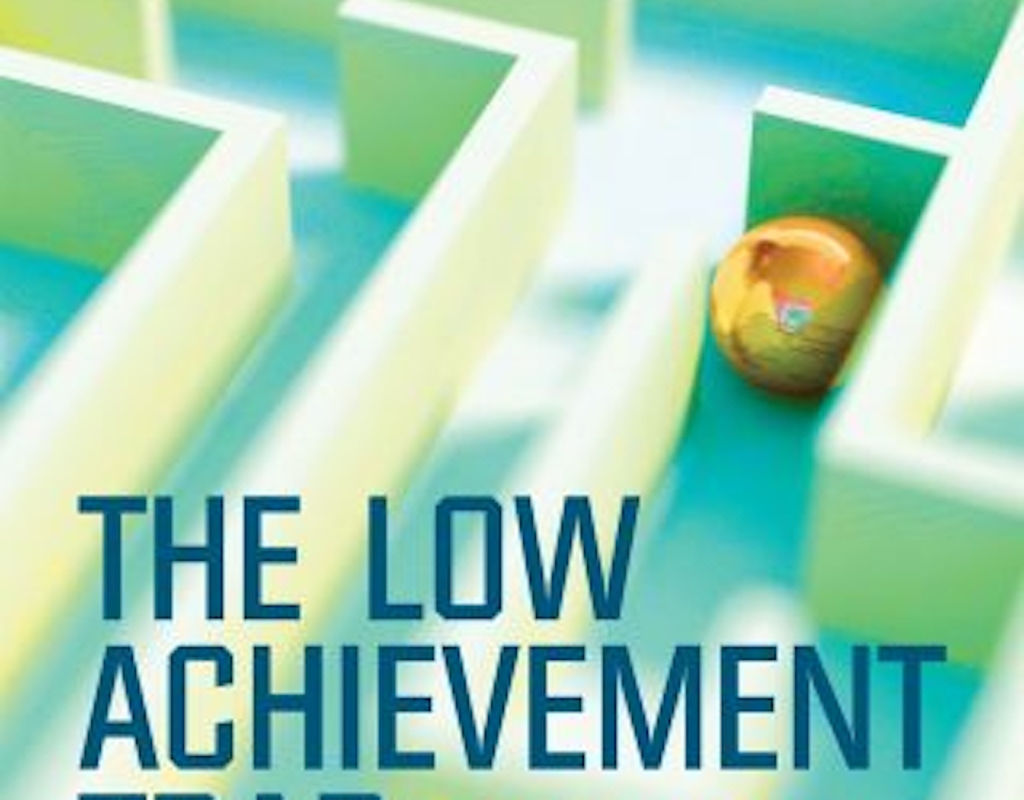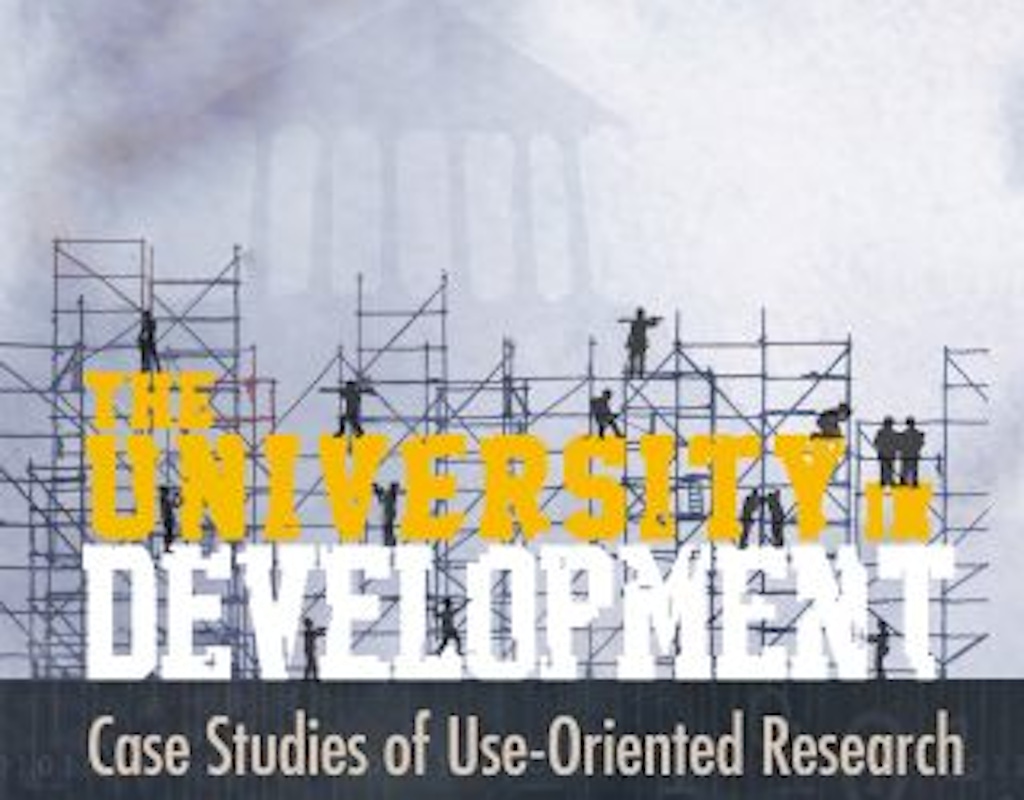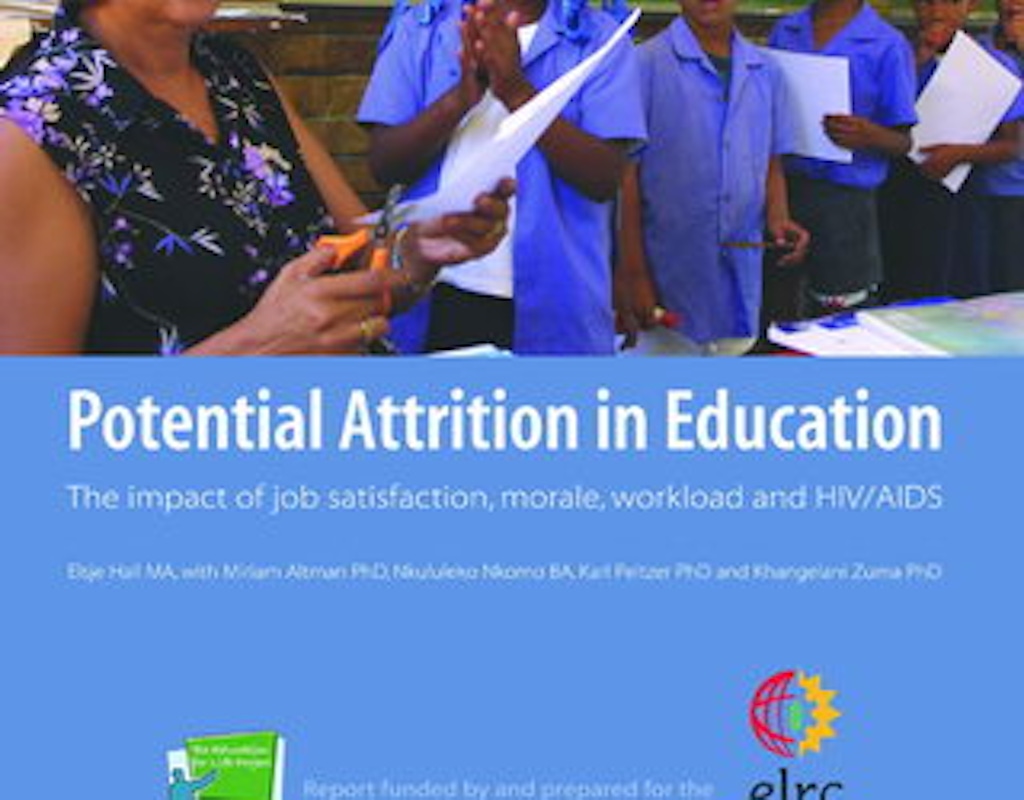
Internationally and locally, there is growing emphasis on the importance of effective school management and leadership in contributing to good student achievement outcomes. Instructional leadership has become a key concept in the research literature, reflecting an attempt to better understand the relationship between school leadership, curriculum and instructional matters, and student achievement. Managing to learn is the first study of its kind in South Africa, considering these issues in a sample of 200 schools in two provinces. The research reported in this monograph provides an extensive review of the literature around the management of curriculum and instruction, a framework and methodology for the research, and the empirical findings from the study. Through a series of regression analyses, the study presents those management factors identified across a wide range of schools as most crucial to improved performance of students. It brings greater clarity to the somewhat undifferentiated view of school management currently, and a sharper focus on its importance in relation to how students learn.
This monograph is part of the Teacher Education in South Africa series. The series documents a wide-ranging set of research projects on teacher education conducted by the Education, Science and Skills Development research programme within the Human Sciences Research Council (HSRC), as part of a consortium of research partners. A comprehensive investigation of the dynamics shaping the professional development of educators, the series provides important reading for educationists, academics and policy-makers.
Product information
1 INTRODUCTION
- Research questions
- The organisation of the report
2 REVIEW OF THE LITERATURE
- The context of studying school leadership in South Africa
- South African studies on leadership
- Definition of terms leadership and management
- Conceptualising leadership different approaches
- School effectiveness studies
- Studies in instructional leadership
- Conclusion towards a research design
3 A METHODOLOGICAL NOTE: DESIGNING THE FRAMEWORK FOR THE STUDY
- A typology of effective leadership (the internal language of description)
- Developing the questionnaires (the external language of description).
4 METHODOLOGY
5 DATA ANALYSIS
- Student achievement gains over time
- Analytic procedures
- The sample
- Limitations
6 FINDINGS
- The principals: descriptive data
- Variables associated with SAGOT
7 CONCLUSION
APPENDICES
Appendix A: Interview protocol
Appendix B: Principal questionnaire
Appendix C: Research Information Sheet
Appendix D: Additional tables
REFERENCES



